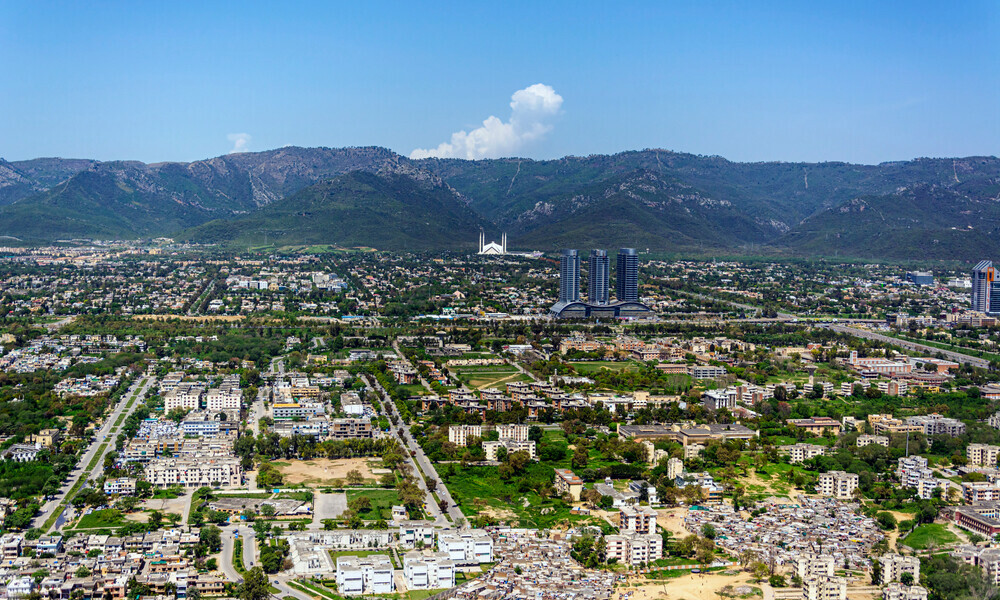DM Monitoring
WASHINGTON: Pakistan has called for enhancing safety and security measures of UN peacekeeping missions around the globe, saying peacekeepers are confronting increasingly difficult challenges and threats as they struggle to maintain peace and stability in world’s hotspots.
“Considering the innovations in technologies and emerging threats, we believe that the safety and security of peacekeepers has to assume paramount importance,” Pakistani delegate Ansar Hussain Shah told the General Assembly’s Fourth Committee, which deal with special political and decolonization issues.
In this regard, Shah, a first secretary in the Pakistan Mission to the UN, said the United Nations Interim Force in Lebanon (UNIFIL) has come under increasing direct and indirect fire in recent weeks, especially along the “Blue Line” of separation between Lebanon and Israel which they patrol.
“We condemn in strongest terms the attacks on UNIFIL peacekeepers by the Israeli aggressors,” the Pakistani delegate said, and called for accountability of the Israeli authorities responsible for targeting the ‘Blue Helmets’.
Speaking in the debate on United Nations peacekeeping operations, which mark their seventy-sixth anniversary this year, he said that the U.N.’s flagship activity was a “success story.”
Pakistan, Shah said, has contributed more than 230,000 personnel to 47 peacekeeping missions over the years, in addition to hosting one of the first such operation – the United Nations Military Observer Group in India and Pakistan (UNMOGIP), which monitors the ceasefire along the Line of Control (LoC) in disputed Jammu and Kashmir. “It continues to perform the important job, over the years.”
Pakistan hosted the 28th Annual Conference of the International Association of Peacekeeping Training Centers (IAPTC) at the Center for International Peace and Stability (CIPS) in Islamabad earlier this week, he pointed out. The center offers various training courses to UN peacekeepers and personnel.
About surging challenges to UN peacekeepers, the Pakistani delegate underscored the need for modernizing peacekeeping, proposing that Missions should be equipped with the latest technological and other capabilities, including Quick Response Units, Improvised Explosive Device (IED)-proof vehicles, air assets, including UAVs (unmanned aerial vehicles), and better intelligence capabilities.
Peacekeeping contingents must receive mission-specific training, and any attacks on the peacekeepers should be properly investigated and the perpetrators brought to justice swiftly, Shah said.
He proposed that peacekeeping missions must be part of an overall “political strategy” seeking to address and resolve the underlying causes of conflict and violence, with the help of realistic mandates and unified support from the Security Council and UN troops and police contributing countries.
The missions must be adequately resourced in a timely manner, the Pakistani delegate said. Noting that an increasing need is being felt for peace enforcement operations, he said, “We need to see how to supplement national or regional capabilities in Africa and elsewhere for conflict prevention, cross-border interdiction, control over illegal exploitation of natural resources, and promoting intra-state and inter-state cooperation.” Pakistan, he added, was prepared to contribute to such capacity building.
“We see a special role for the OIC (Organization of Islamic Cooperation) whose members include many countries in Africa and Asia affected by terrorism and violence,” Shah added.



